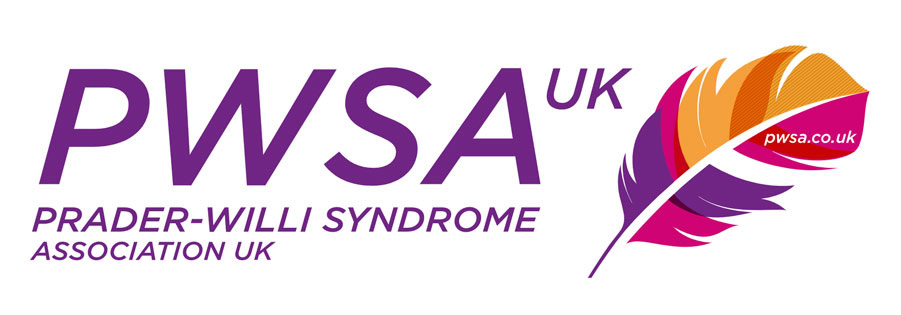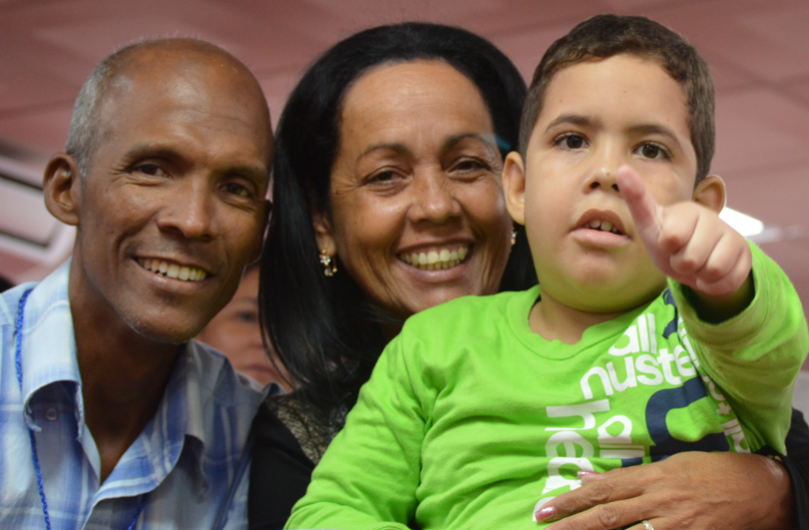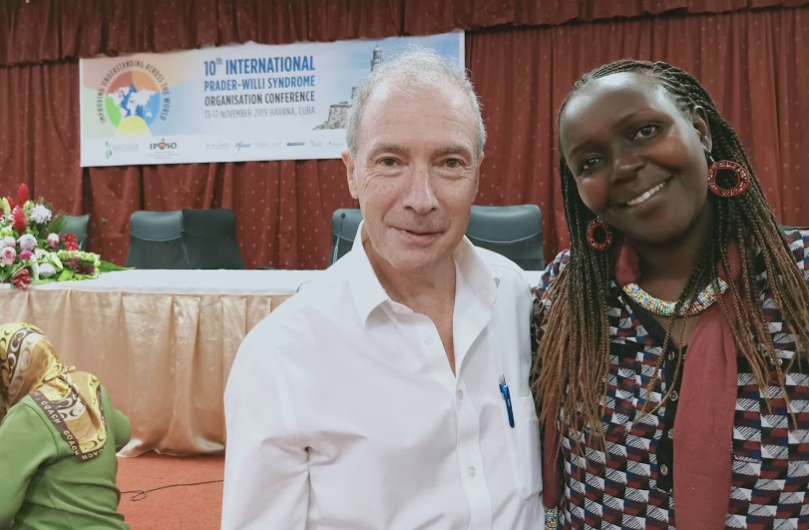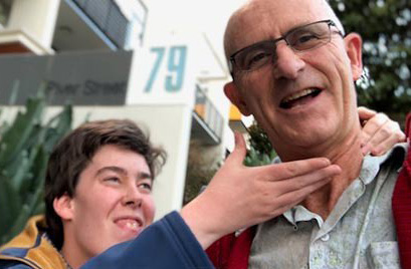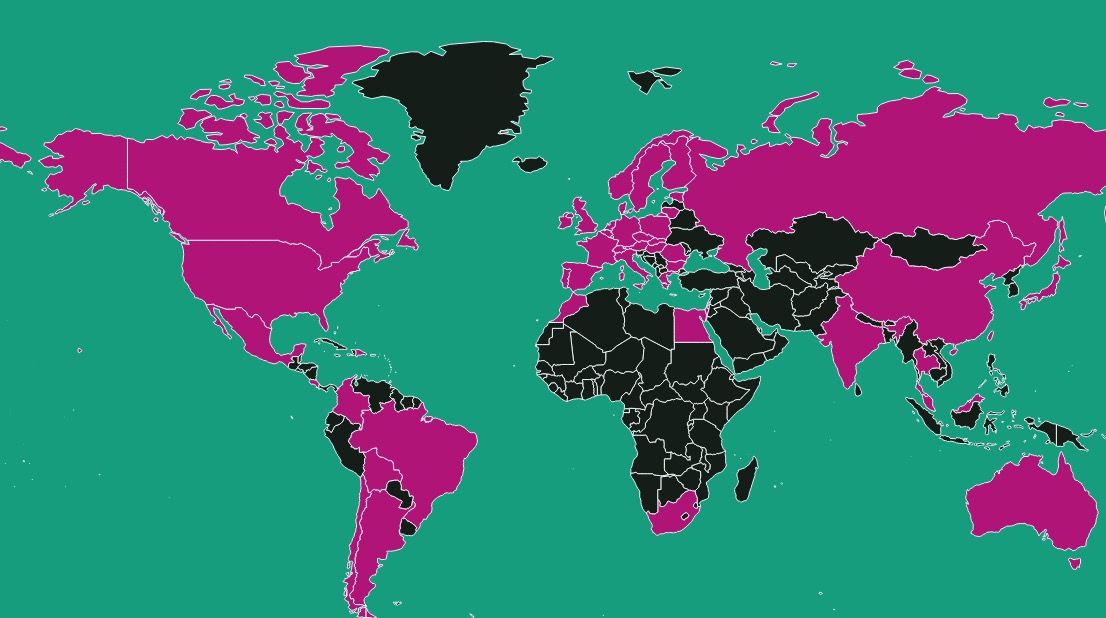Siblings
Being part of a family where one of your brothers or sisters has a disability can be really difficult and often stressful. You may also think it’s really unfair! At the same time, it can also be rewarding, fun, and a huge source of inspiration.
Often it seems as though your parents spend way too much time with your brother or sister with PWS, and not enough with you. It may seem as though they are getting all the attention and you’re getting punished by not being allowed to eat what you want, or always having to watch out for your sister or brother.
It doesn’t seem fair, and it’s not! So the whole family will have to make adjustments, learn new skills to help support your brother or sister, and that requires lots of patience and understanding.
Your friends will have to learn to understand as well. It all seems so tough to begin with, and it’s natural to have a love-hate relationship just as it’s natural to have a whole heap of other emotions all jumbled up at the same time. On top of this, you have all the other problems of life-school, growing up, parents, responsibilities, peer pressure and acceptance, and then as you grow older, there’s a bucket-full of hormones that need stabilising! The problem is, how can you learn to integrate all this when it just seems impossible?
Advice for Parents
Parents need to realise that it is a huge ask for the sibling as he or she tries to make their own way in the world, just as it is a huge task for parents to oversee and make sure that each child gets the kind of loving support that they need to become the individual they can.
In the case of your child who is brother or sister to the one with PWS, how much do you tell them? What do they need to know, and how do you support them? Often siblings have very conflicting and confusing feelings about their brother or sister. As they grow older and have more understanding, they may be embarrassed by the abnormal eating behaviours and resent the need for controlled access to food. They may find it difficult or impossible to ask their friends home and this may generate resentment towards their brother or sister.
Children absorb information at different levels – too much at one time and they selectively retain some and ditch some.
The pre-school child doesn’t need as much information as the schoolchild, who doesn’t need as much as the teenager and so on. Children ask questions, when they feel the time is right, and it is up to us as parents to help them understand the unique needs of PWS. The important thing is that you give them time to question and answers they can understand.
It is important that the family works together to support the child with PWS, especially when he or she starts to be more interested in looking for food. This is when parents need to discuss the importance of managing the dietary needs of PWS with other children in the family (and also their friends, and the whole wider family) and stress the importance of their brother or sister’s special needs. If siblings understand about the syndrome, they may be more willing to put up with, and help with, all the limitations on treats, food accessibility etc. that it takes to manage the special dietary needs. Rewarding the other siblings with extra food is not a great idea (unless it’s away from the house), but spending time with them is. Letting them do things without their brother or sister with PWS can make them feel valued and important; and at the same time will give one-on-one time with the other child. Keep a good balance between time spent and rewards given.
Although each family will tackle this subject in the way that they feel will work best for them, parents may still need to help their other children to express their feelings in the knowledge that it isn’t wrong to feel embarrassed, awkward, resentful, or even guilty towards their sister/brother.
As the brother or sister grows older, the changes and development in their sibling with PWS will become more obvious and good parenting skills will be called on more and more to settle arguments (“it’s not fair-you always let Jason get away with everything”), and pour oil on troubled waters.
When everything seems “unfair”, it’s a good strategy for the parent to go to their child at bedtime, sit on the bed and allow them time to talk about what happened during the day and why it wasn’t fair. Often you can ask the sibling what he or she thinks you should have done, or what they might have done if they’d been the parent. You may be surprised at the answers and encouraged by the child’s actual understanding of the situation. Making the brother or sister feel special because they are taken into your confidence and asked to help with their sibling with PWS can often be the key. It may not work the next time the same situation arises, but continued talking about it will help reinforce the message that both of you are learning to help Jason to grow up in a world that is often strange and uncertain.
It is sensible to treat your child with PWS as much as a normal member of your family as possible. Sure they get tired, more irritable, more hungry etc, but they can still help around the place with the chores. Make allowances, but don’t make a rod for your own back. Be kind to yourself as a parent, too! Make time for special dates-write them up large on your calendar even if it’s just going to the movies, or a coffee with a friend, it is important for your own sense of wellbeing that you do something for yourself. Try to set goals for yourself that are purely your own.
Join an internet group of age-related parents with kids who have PWS (there are plenty on the net), most of them have been through what you are going through and can give great support and advice.
No one said parenting is easy – it’s not. It’s hard enough for anyone and the extra challenge of raising a child with PWS has its share of bad days. We all know the feeling of being the constant meat in the sandwich, or ‘someone’s mum, wife, partner’ rather than the person we may have otherwise have been. Dwell on the good days!
< Back to Information for Families
International Community
IPWSO was established so that PWS associations, families, clinicians and caregivers around the world could exchange information and support and have a united global voice under one umbrella.
Information for Medical Professionals
The latest medical and scientific research and information, plus guides into common medical issues affecting people with PWS.
What is PWS?
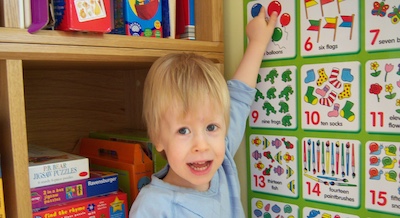
Prader-Willi syndrome is a complex genetic condition. Various studies have shown that between 1 in 15,000 to 25,000 children are born with Prader-Willi syndrome and it affects all races and both sexes equally.
Free Diagnosis

If you suspect your patient has Prader-Willi syndrome, based on the clinical signs and symptoms, but are unable to access testing in your country, then you may be able to access free testing.

